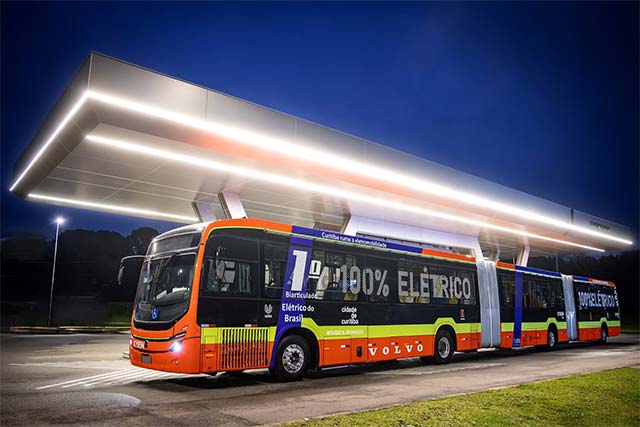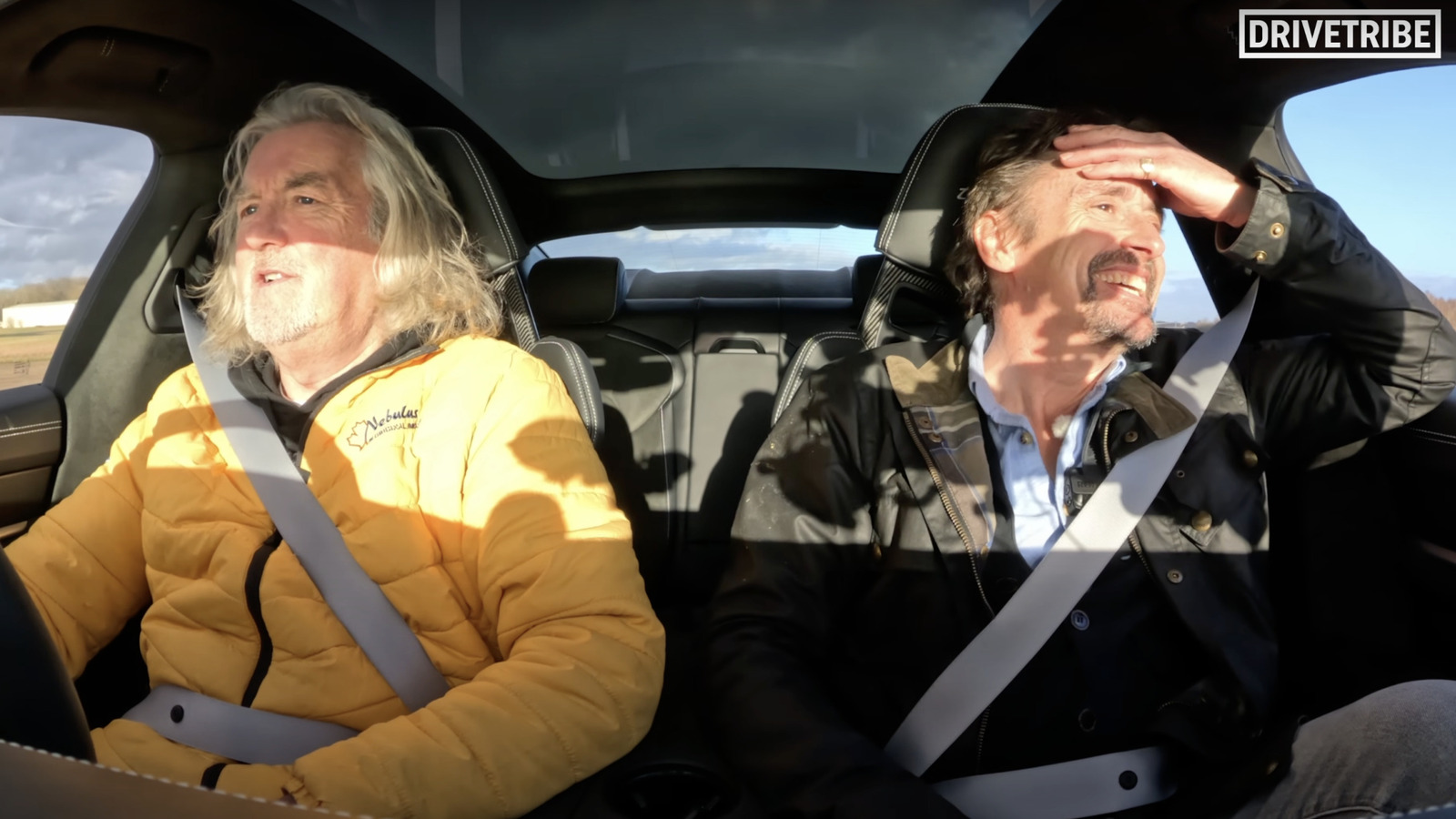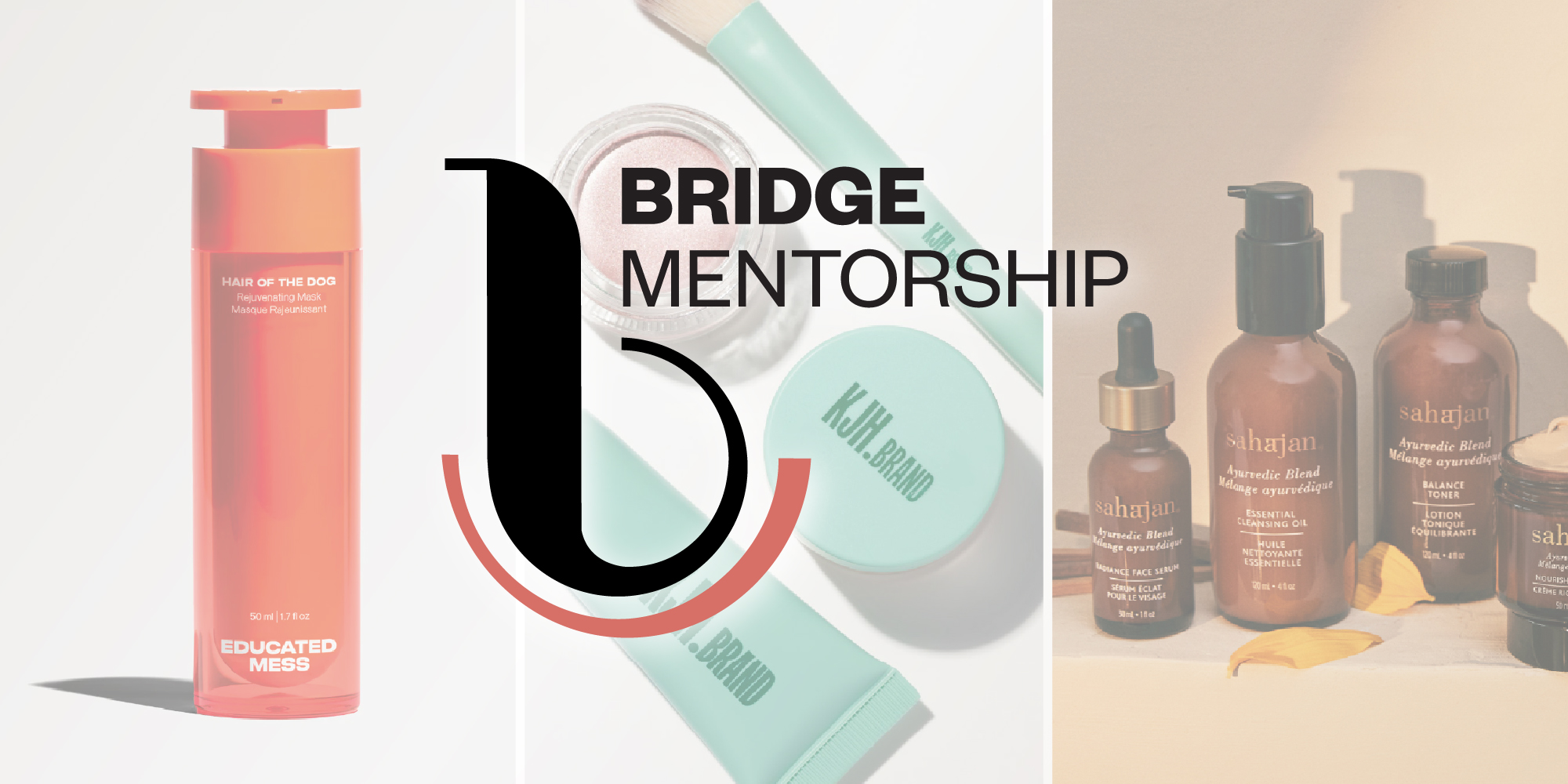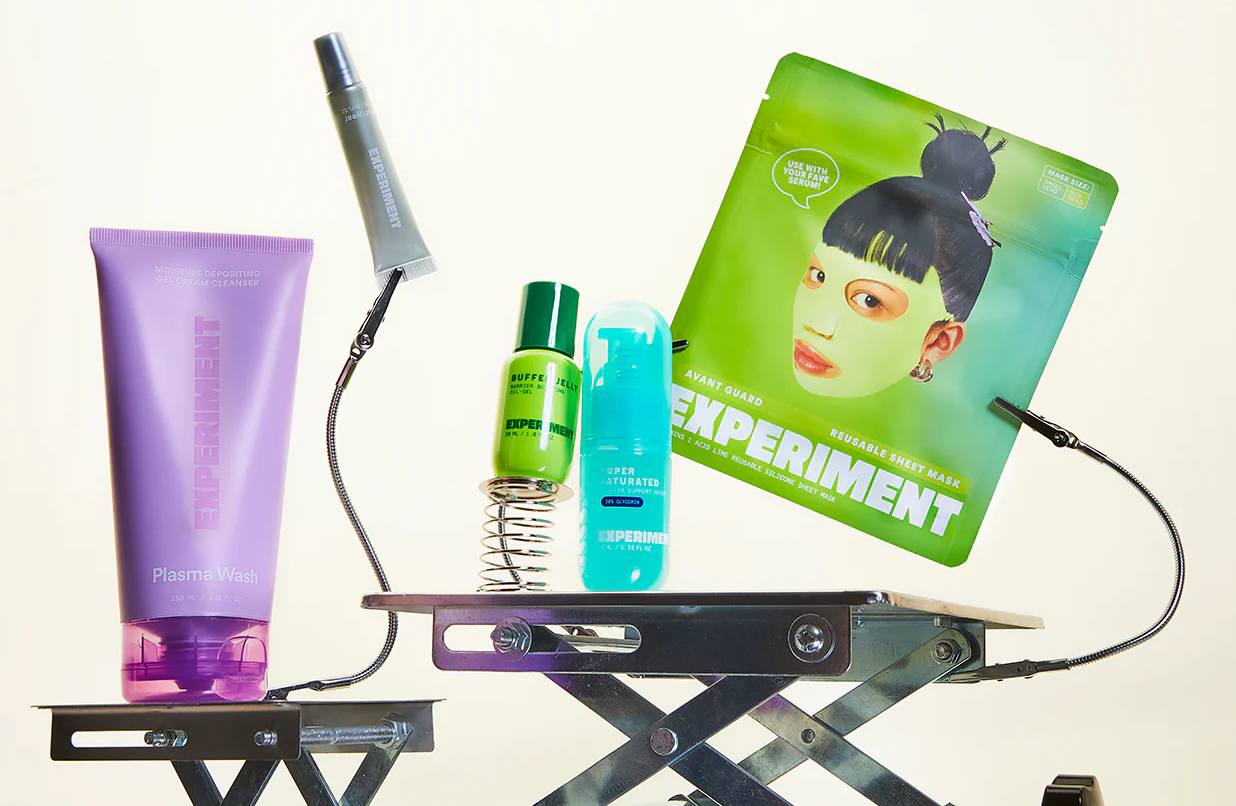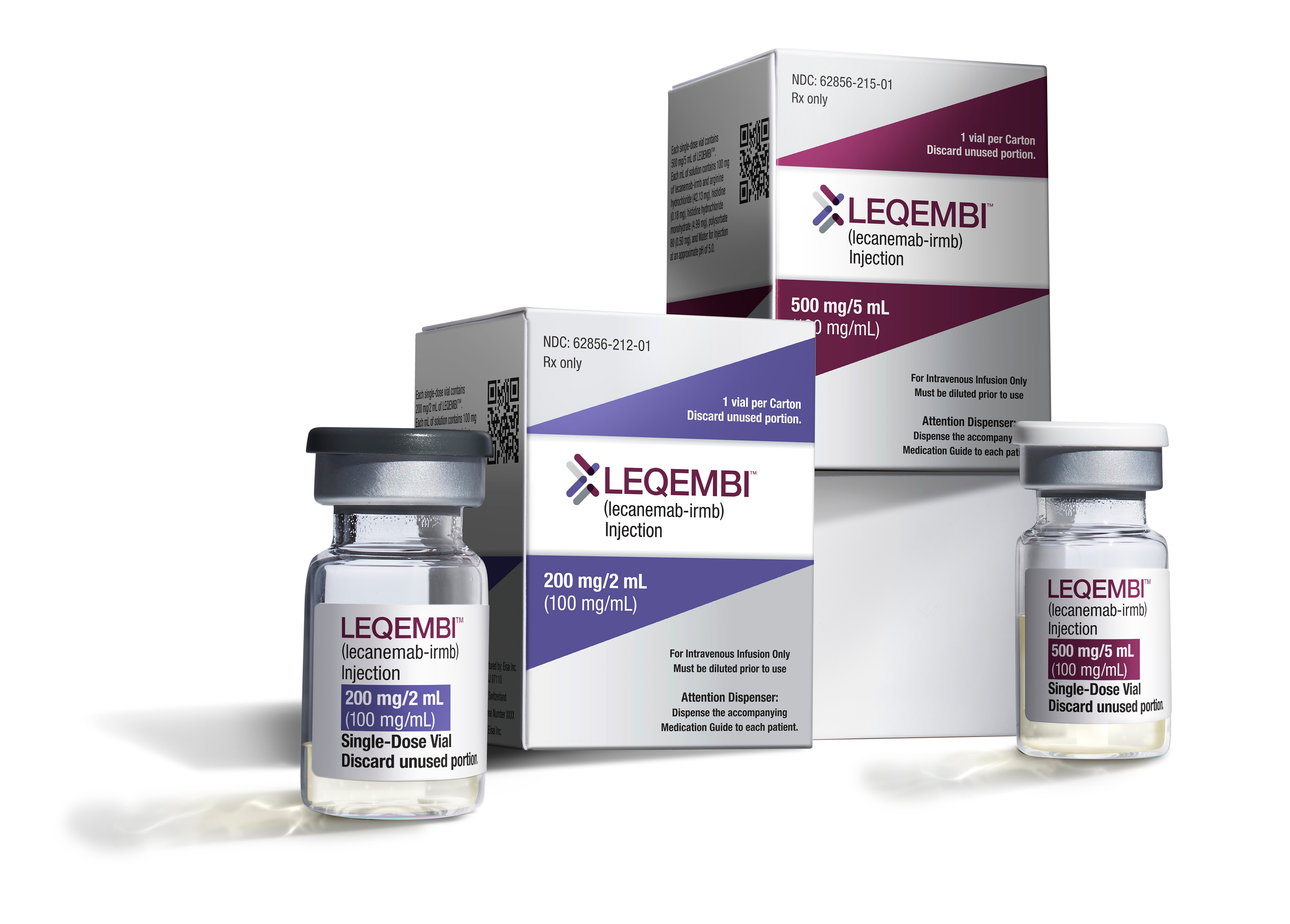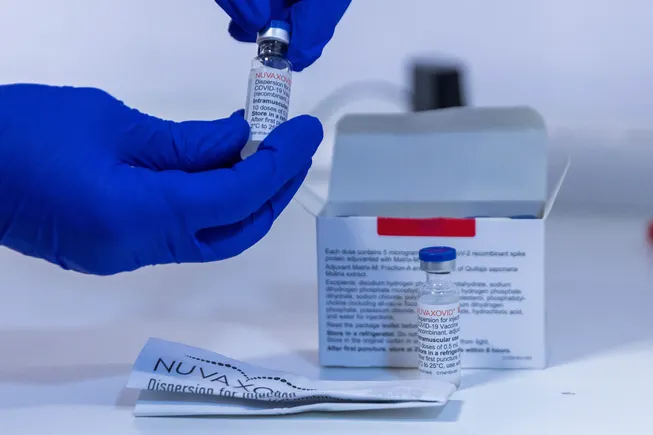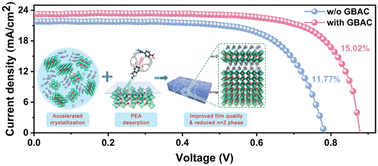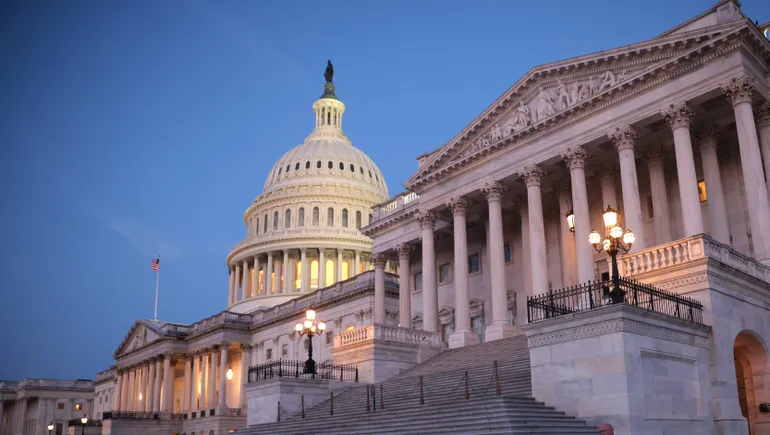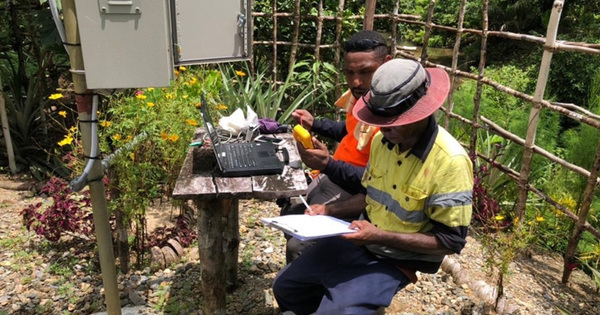Navigating The Fine Line: Redefining Legal Advice In The Age Of Tech With Erin Levine And Quinten Steenhuis
The definition of 'practicing law' is outdated and increasingly irrelevant in a tech-driven world. Should the line between legal advice and legal information even exist? The post Navigating The Fine Line: Redefining Legal Advice In The Age Of Tech With Erin Levine And Quinten Steenhuis appeared first on Above the Law.

The practice of law has long been wrapped in mystery, closely guarded by ethical rules and stringent regulations. But as legal technology blurs the lines between legal advice and legal information, how do we protect consumers, empower innovation, and stay true to the profession’s core values? Erin Levine, founder of Hello Divorce, and Quinten Steenhuis, a legal tech innovator at Lemma Legal, tackle this question in a lively episode of Notes to My (Legal) Self. Here’s what legal leaders can take away from their insights on unauthorized practice of law (UPL), AI, and scaling legal solutions.
The Cobblers and the Coders: Who’s Practicing Law?
Erin and Quinten agree on one thing: the definition of “practicing law” is shifting—and fast. Traditional one-on-one lawyering is no longer the sole model for delivering legal services. Tools like Hello Divorce empower consumers with structured workflows, making complex legal tasks, like filing a judgment of parentage or divorce, simpler.
But are these tools practicing law? Or is it merely legal information? For Erin, the distinction lies in what lawyers and tech companies should provide: confidence, accessibility, and data-driven guidance—not just paperwork.
Meanwhile, Quinten draws a comparison to retail: some consumers want bespoke, lawyer-crafted advice (think cobblers making custom shoes), but others prefer standardized, off-the-shelf solutions that are faster and cheaper. Legal tech bridges this gap, but in doing so, it forces regulators and practitioners to rethink ethical boundaries.
UPL vs. NPS: A Tale of Two Metrics
Erin shared one of the most compelling ideas of the episode: the inverse relationship between UPL (unauthorized practice of law) and NPS (Net Promoter Score). The clearer and more user-friendly legal tech solutions are, the higher their customer satisfaction scores—and the more likely they are to skirt UPL issues.
For example, instead of offering specific legal advice, Hello Divorce shares aggregated data: “80% of people in your situation chose this option.” This lets users make informed decisions without crossing the line into tailored legal guidance. The result? A 97% customer satisfaction rate.
As Erin joked, it’s a dynamic worthy of a tattoo—or at least a T-shirt.
AI: Friend or Foe?
The rise of generative AI tools like ChatGPT has further complicated the conversation. While AI can draft legal documents, answer questions, and streamline repetitive tasks, it also raises the stakes for accuracy and trust.
Quinten pointed out the risks of unsupervised AI: ChatGPT doesn’t know your jurisdiction or local court rules. For instance, it wouldn’t know whether a document should be stapled or paper-clipped—a glitch that could derail a case. But Erin countered that AI, when properly trained on vetted datasets, can offer enormous value in legal tech products.
Both agreed that the real issue isn’t the technology itself—it’s ensuring it’s deployed responsibly. Tools built and overseen by lawyers (or other trained professionals) offer a safer alternative to the Wild West of DIY AI legal advice.
Practical Takeaways for Legal Leaders
- Use Aggregated Data: Providing consumers with benchmarks (e.g., “90% of users in your position accepted similar settlements”) empowers them without giving direct legal advice.
- Train and Supervise AI Tools: AI works best when it’s trained on reliable, localized data and supervised by legal professionals.
- Partner with Courts: As Quinten pointed out, tools built in collaboration with courts often avoid UPL pitfalls. They’re also more likely to gain the trust of both regulators and consumers.
- Embrace Transparency: Clear disclaimers like “This is not legal advice” go a long way in building consumer trust and meeting ethical standards.
What’s Next for UPL and Legal Tech?
The conversation made it clear that the definition of “practicing law” is outdated and increasingly irrelevant in a tech-driven world. Should the line between legal advice and legal information even exist? Erin and Quinten think it’s time for the profession to confront this question head-on—before AI and market forces answer it for us.
As Erin put it, “The goal isn’t to say, ‘Gotcha!’ to legal tech innovators. It’s to help more people resolve their legal issues with confidence.”
Want to dive deeper into this fascinating discussion? Catch the full episode of Notes to My (Legal) Self for more on the evolving landscape of legal ethics, AI, and consumer empowerment.
(P.S.: Don’t forget to grab your “Inverse Relationship Between UPL and NPS” T-shirt before it sells out!)

Olga V. Mack is a Fellow at CodeX, The Stanford Center for Legal Informatics, and a Generative AI Editor at law.MIT. Olga embraces legal innovation and had dedicated her career to improving and shaping the future of law. She is convinced that the legal profession will emerge even stronger, more resilient, and more inclusive than before by embracing technology. Olga is also an award-winning general counsel, operations professional, startup advisor, public speaker, adjunct professor, and entrepreneur. She authored Get on Board: Earning Your Ticket to a Corporate Board Seat, Fundamentals of Smart Contract Security, and Blockchain Value: Transforming Business Models, Society, and Communities. She is working on three books: Visual IQ for Lawyers (ABA 2024), The Rise of Product Lawyers: An Analytical Framework to Systematically Advise Your Clients Throughout the Product Lifecycle (Globe Law and Business 2024), and Legal Operations in the Age of AI and Data (Globe Law and Business 2024). You can follow Olga on LinkedIn and Twitter @olgavmack.
The post Navigating The Fine Line: Redefining Legal Advice In The Age Of Tech With Erin Levine And Quinten Steenhuis appeared first on Above the Law.































